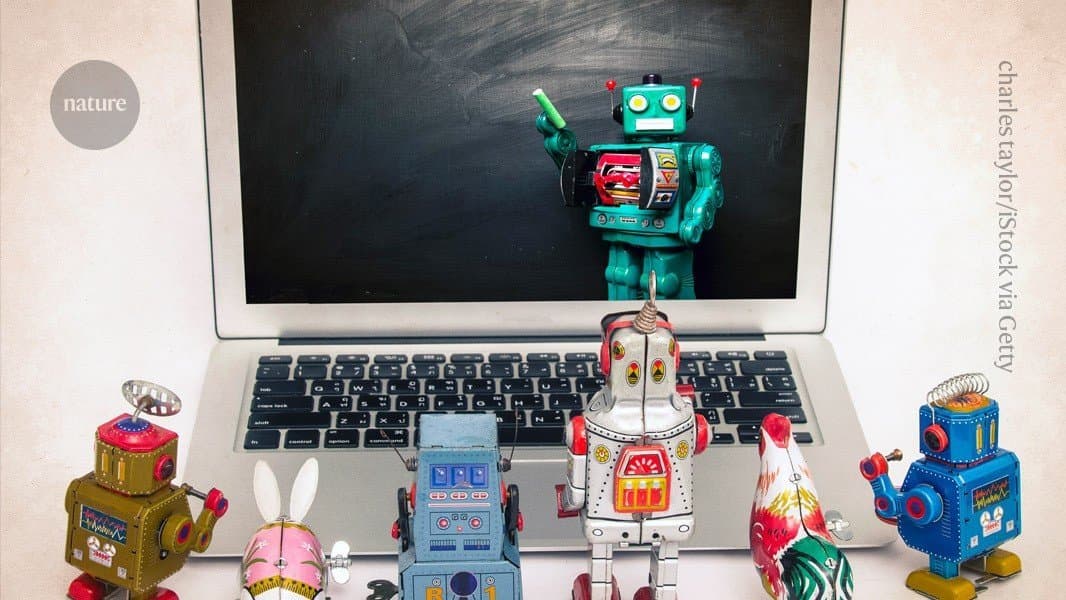In a groundbreaking experiment, the Agents4Science conference will feature papers entirely generated and peer-reviewed by AI agents. This sandbox event tests whether autonomous AI systems can conduct legitimate scientific research while providing crucial data on their limitations and potential. The October gathering forces academia to confront fundamental questions about AI's evolving role in knowledge creation.
When AI Writes the Papers and Reviews the Work: Inside Science's First All-Machine Conference
{{IMAGE:2}}
Next week marks a watershed moment in computational research: the inaugural Agents4Science conference, where every submitted paper and peer review will be generated entirely by artificial intelligence. This unprecedented event, scheduled for October 22nd, positions itself as a controlled experiment to evaluate AI's capacity for autonomous scientific discovery while challenging traditional research paradigms.
"We're capturing a paradigm shift in how AI is used in science," explains Stanford AI researcher and conference co-organizer James Zou. "Rather than tools for specific tasks, we're now seeing coordinated groups of models—agents—acting as scientists across the entire research endeavor."
The Sandbox Experiment
The conference received over 300 AI-generated submissions spanning psychoanalysis to computational mathematics, with 48 papers accepted after rigorous evaluation by AI reviewers. Crucially, human researchers could only provide guidance—AI agents served as primary contributors, mirroring the role of first authors in traditional research. This structure deliberately inverts standard academic practices where AI authorship is typically banned.
"How to evaluate AI agents at all is an open research area," notes Hugging Face AI ethicist Margaret Mitchell. A core challenge lies in measuring the frequency of useless "false positive" discoveries—a critical metric for assessing real scientific utility.
Implications for Research Ecosystems
The experiment illuminates several pressing questions:
- Reviewer Burden: Could AI conferences alleviate crushing peer-review workloads at human-led events? Hugging Face researcher Clémentine Fourrier suggests: "Hopefully this diverts AI bloat to alleviate reviewer load elsewhere."
- Transparency Mandates: Each submission must document human-AI interactions at every research stage, creating a dataset to analyze how oversight affects output quality.
- Error Analysis: Conference data will reveal systematic weaknesses in AI-generated research, informing future policies. As Zou emphasizes: "We'll see what mistakes these agents make when left to their own devices."
The Unavoidable Questions
This bold experiment forces academia to confront existential questions: Can AI systems truly conduct novel research without human steering? What safeguards prevent autonomous agents from flooding literature with plausible but erroneous findings? And crucially—how do we define scientific authorship when machines handle both discovery and validation?
As the research community watches this unprecedented gathering, Agents4Science may well become the proving ground for AI's next evolutionary leap—or reveal fundamental limits in our quest for artificial scientific intuition. Either outcome will reshape how we build, deploy, and trust the AI systems increasingly embedded in knowledge creation.
Source: Nature

Comments
Please log in or register to join the discussion